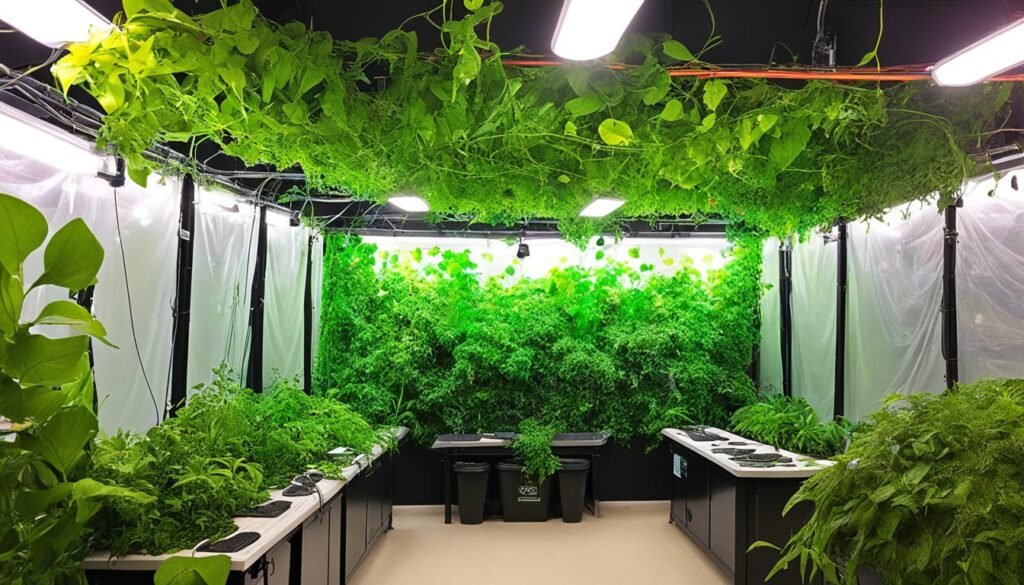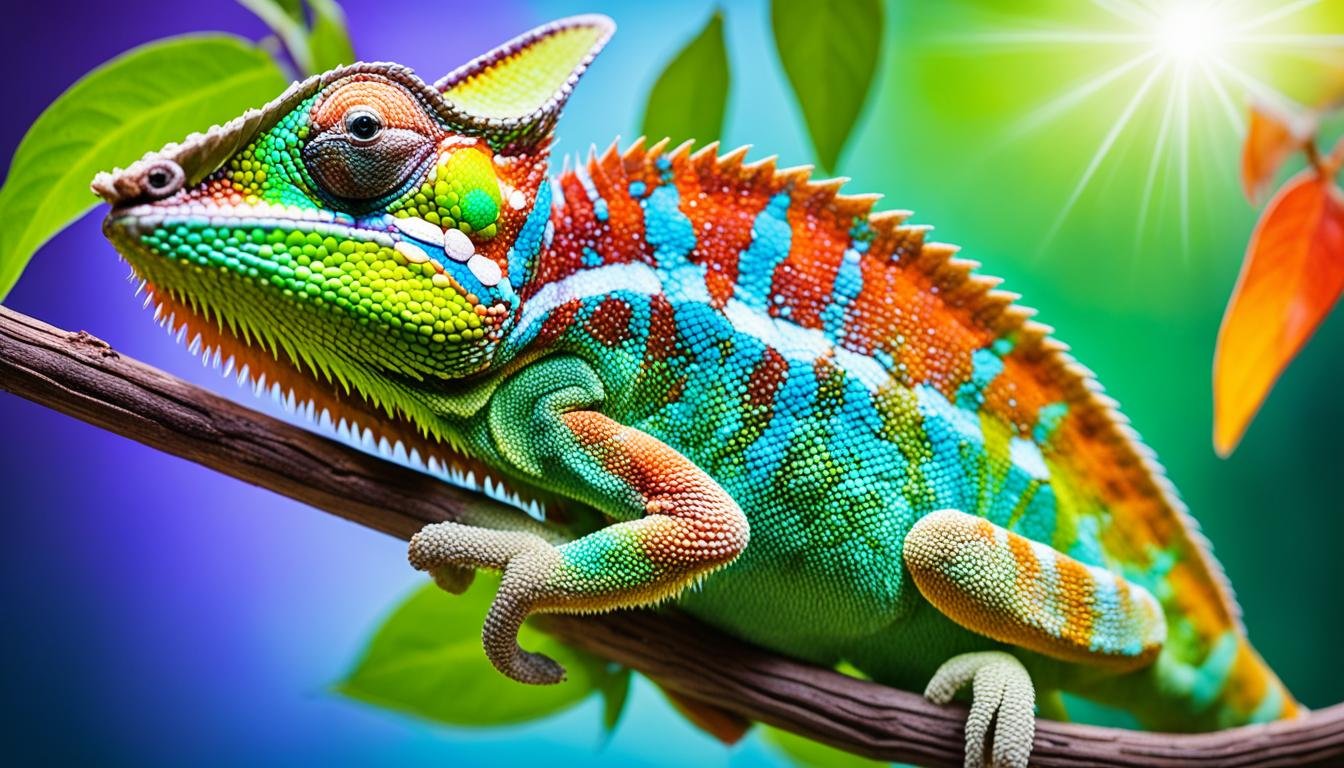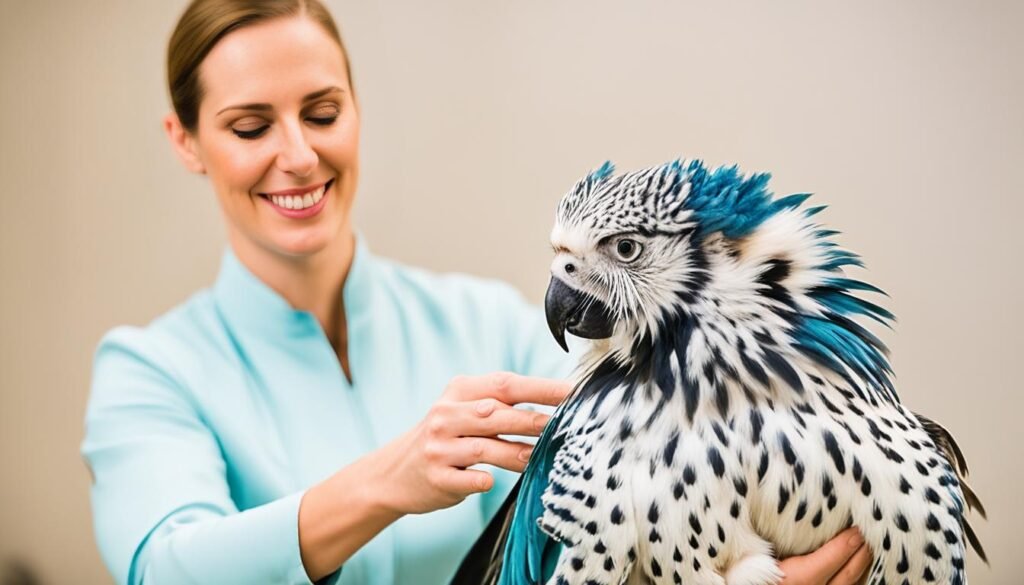Caring for exotic pets requires special knowledge and attention to ensure their health and happiness. Proper care is crucial to avoid illness and death in these unique animals. Learning about their specific needs is essential for responsible pet ownership.
Exotic pets include a variety of species such as rodents, rabbits, ferrets, sugar gliders, reptiles, amphibians, and birds. Handling and restraint of exotic pets should be done with care to ensure their safety and minimize stress. The housing and environment for exotic pets should be carefully controlled, including factors like temperature, humidity, and lighting.
Providing a species-specific diet is crucial for the health of exotic pets, as improper nutrition can lead to serious health issues. Enrichment activities are important to promote physical and emotional well-being in captivity. Regular veterinary care, including annual check-ups, is essential for monitoring the health of exotic pets and detecting any potential issues.
Key Takeaways
- Exotic pets require special care to ensure their health and happiness.
- Understanding the specific needs of different exotic species is crucial.
- Proper handling and restraint techniques are necessary to minimize stress.
- The housing and environment for exotic pets should be carefully controlled.
- A species-specific diet and enrichment activities are crucial for their well-being.
With the right knowledge and attention, you can provide the best care for your unique and fascinating exotic pets. By understanding their specific needs, handling them with care, creating a suitable habitat, and providing a proper diet and enrichment, you can ensure their health and well-being. Remember to consult with a veterinarian specialized in exotic pet care for additional guidance and regular check-ups to keep your exotic friends happy and healthy.
Understanding Exotic Pets: What You Need to Know
If you’re considering adopting an exotic pet, it’s essential to understand that these unique animals require specific care. Exotic pets encompass a wide range of species, including small mammals, reptiles, amphibians, and birds. Each species has its own set of needs and requirements.
When it comes to caring for exotic pets, seeking the expertise of a veterinarian with specialized knowledge in exotic pet care is highly recommended. They can provide valuable guidance on proper nutrition, habitat setup, and health monitoring.
It’s important to note that exotic pets may hide signs of illness, making regular veterinary check-ups crucial. By carefully observing your pet’s behavior and availing regular medical attention, you can mitigate potential health issues.
Inadequate care is a common cause of illness and death in exotic pets. Therefore, continually educating yourself about their specific care requirements is vital to provide the best possible care.
“Responsible exotic pet ownership requires dedication and a commitment to providing the best possible care for these unique animals.”
Understanding the unique needs of different exotic species is the key to ensuring their well-being. Whether it’s creating the perfect habitat, maintaining their health, or providing the right diet, every aspect of caring for exotic pets requires attention and knowledge. By taking on the responsibility of exotic pet ownership, you embark on a rewarding journey that requires continuous learning and dedication.
Handling and Restraint of Exotic Pets
Exotic pets require gentle and confident handling to ensure their well-being. Restraint and handling-related injuries are common, so it is important to learn proper handling techniques from a veterinarian or expert in exotic pet care.
Minimizing Stress for Prey Species Exotics:
Prey species exotics, such as rodents and rabbits, are particularly susceptible to stress reactions, so minimizing potential emotional trauma is crucial. These animals rely on their flight or freeze response when faced with perceived threats. By providing a calm and secure environment, using low-stress handling techniques, and giving them time to acclimate to new situations, their well-being can be maintained.
Understanding Individual Needs:
Different species may require different handling approaches, and understanding the individual needs of each pet is essential. Some exotic pets may be more skittish and require slow and patient interactions, while others may be more social and enjoy gentle handling. By gauging their comfort levels and responding accordingly, their stress levels can be minimized, ensuring a positive and safe experience for both the pet and the handler.
Safe Handling Techniques:
Safe handling techniques for exotic pets include capturing or confining, lifting and carrying, and basic husbandry tasks like physical inspection, nail trimming, and medicating. It is important to follow the appropriate methods for each specific species and seek guidance from professionals to avoid accidents or injuries. By using proper tools and equipment, practicing gentle restraint, and maintaining a calm and controlled environment, the risk of harm can be significantly reduced.
“Safe handling techniques and understanding the needs of each individual exotic pet are essential to ensure their well-being and minimize stress.”
Remember, handling exotic pets should always prioritize their safety and comfort. By implementing low-stress handling techniques and seeking guidance from professionals, you can provide the best care and build a strong bond with your unique companion.
Creating the Perfect Habitat for Exotic Pets
Exotic pets require a carefully designed habitat to meet their specific environmental needs, ensuring their health and overall well-being. The enclosure should be situated in a quiet and draft-free area, away from larger pets that could pose a threat to these unique creatures. Safety measures should also be put in place to prevent any potential escape and protect the pet from hazards.
Climate control is of utmost importance for exotic pets, especially reptiles and amphibians, as they are highly sensitive to temperature, humidity, and light. Maintaining the optimal conditions within their enclosure is essential for their physiological processes and overall comfort.
When selecting bedding substrates, it’s crucial to choose options that minimize the risk of respiratory issues or ingestion of harmful substances. Researching the specific needs of your exotic pet and consulting with a veterinarian can help you make the right choice.
Hygiene plays a vital role in preventing illness in exotic pets. Regular cleaning of the enclosure, including removing waste and maintaining a clean environment, helps minimize the risk of bacterial or fungal infections.
Providing access to essential resources is crucial for the physical and mental well-being of exotic pets. This includes ensuring a constant supply of fresh food and water, offering hiding places for privacy and security, and incorporating enrichment items to stimulate their natural behaviors.

Creating a stimulating and comfortable habitat for your exotic pet is essential for their happiness and health. By carefully considering their environmental requirements and providing the necessary resources, you can ensure that your unique friend thrives in their new home.
Ensuring Proper Nutrition and Wellbeing for Exotic Pets
Exotic pets require special attention when it comes to their nutrition and overall wellbeing. These unique animals have specific dietary needs that must be met to ensure their health and happiness. The diet of each species may vary, depending on whether they are herbivores, omnivores, or carnivores. It is important to consult with a veterinarian to develop a precise dietary plan for your exotic pet.
Enrichment activities play a vital role in promoting the physical and emotional wellbeing of exotic pets. Providing them with toys, visual stimuli, climbing structures, and opportunities for positive social interactions can help satisfy their natural behaviors. Some exotic pets may also benefit from companionship, if appropriate for their species.
Regular veterinary care is essential for monitoring the health of your exotic pet and addressing any concerns promptly. Annual check-ups allow the veterinarian to assess the overall wellbeing of your pet and make any necessary adjustments to their care. With proper nutrition, enrichment, and veterinary care, exotic pets can lead healthy and fulfilling lives.








